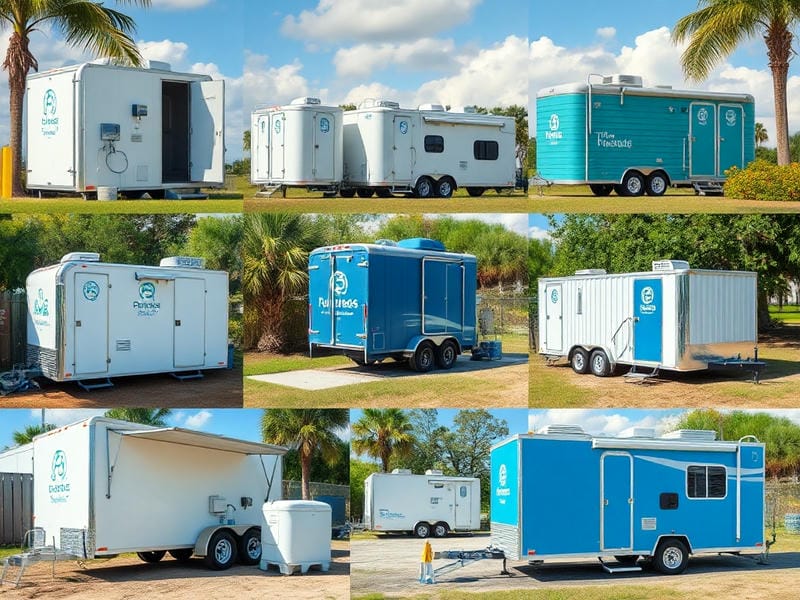
Building Trust with Excellent Customer Service in Rentals
Importance of Understanding Customer Needs and Preferences
Understanding customer needs and expectations is a cornerstone of building trust, particularly in the rental industry where excellent customer service can set businesses apart from their competitors.
Building Trust with Excellent Customer Service in Rentals - pride
- trunk
- air conditioning
- toilet
At the heart of understanding customer needs is active listening. Customers often provide valuable insights into what they expect from a rental experience through feedback and inquiries. By attentively listening to these inputs, companies can tailor their services to address specific demands. For instance, in the vacation rental sector, guests might prioritize cleanliness and easy access to amenities, while equipment rental clients might value flexibility in pick-up and return times. Portable sanitation providers often offer same-day delivery and setup. restroom trailer rental Gainesville towel. Recognizing these nuances allows businesses to refine their offerings to better match what customers truly seek.
Beyond meeting basic needs, anticipating future desires plays a significant role in elevating customer service. Rental companies that proactively identify trends or potential pain points demonstrate a commitment to continuous improvement-a quality that builds trust over time. This might involve investing in technology for seamless booking experiences or offering personalized recommendations based on past rentals.
Transparency is another critical component when striving for excellent customer service. Clear communication about policies, pricing, and any potential changes ensures that customers feel informed rather than blindsided by unexpected fees or conditions. Being upfront about limitations or challenges also reinforces honesty as part of the company's ethos.
Moreover, resolving issues efficiently further cements trust between renters and providers. Mistakes can happen; how a company responds makes all the difference. A swift response with genuine empathy assures customers that their concerns are taken seriously and handled with care-turning a potentially negative experience into an opportunity for strengthening relationships.
Finally, cultivating an exceptional team trained in customer relations forms the backbone of delivering outstanding service consistently. Employees who genuinely enjoy interacting with clients create memorable experiences that encourage repeat business and positive word-of-mouth referrals.
In conclusion, understanding customer needs and expectations is pivotal in building trust through excellent customer service within the rental industry. By actively listening, anticipating future desires, maintaining transparency, efficiently resolving issues, and employing dedicated staff members, rental companies can foster lasting relationships built on mutual respect and satisfaction-ultimately ensuring long-term success in an ever-evolving marketplace.


